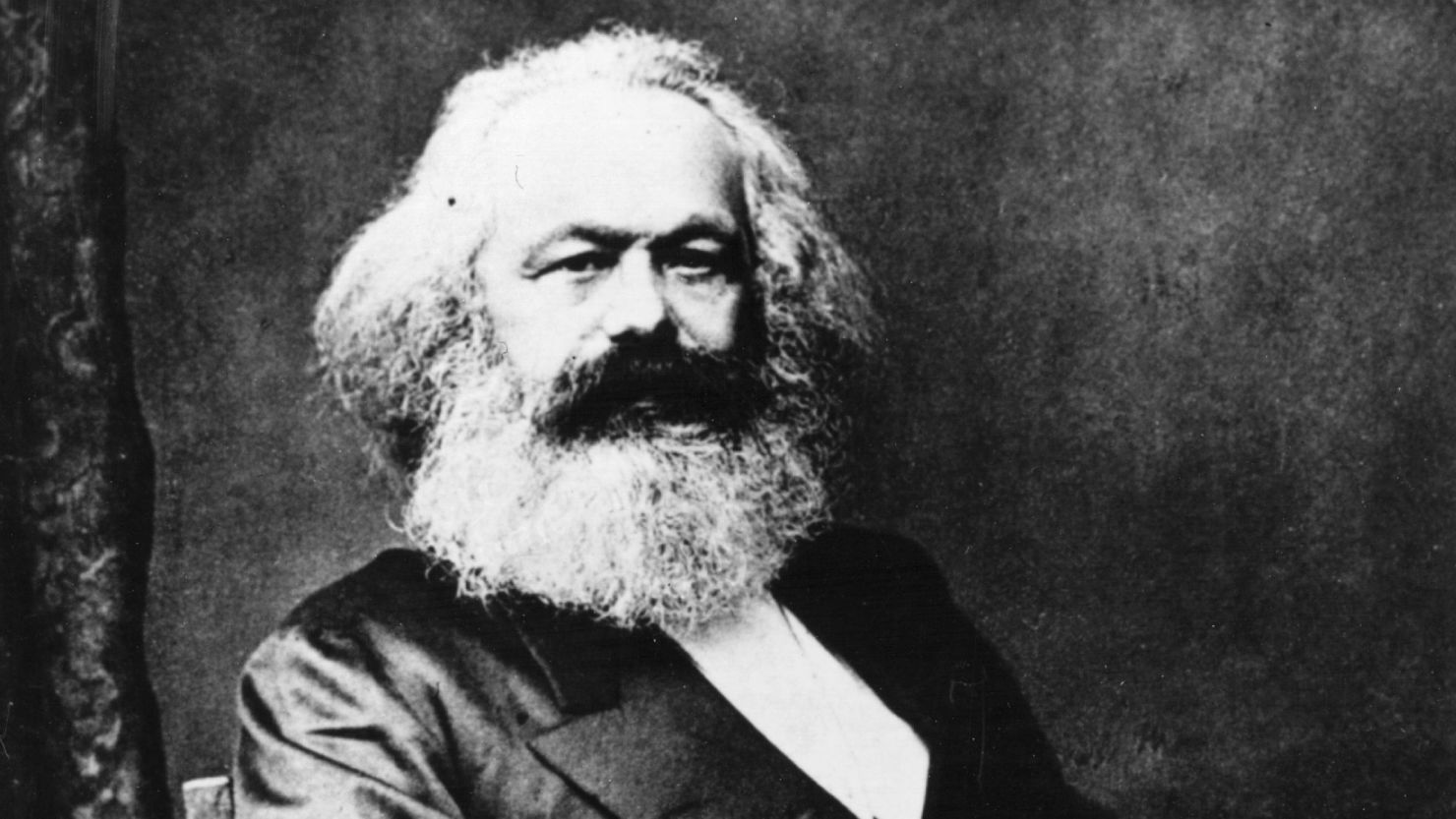
Ever wondered what happens when you blend economics with pop culture? You get Freakonomics, a groundbreaking book that turns conventional wisdom on its head. Freakonomics isn't just another economics book; it's a thrilling journey through the hidden side of everything. From uncovering why sumo wrestlers might cheat to exploring the secrets behind a perfect crime, this book has it all. With its witty insights and surprising conclusions, Freakonomics challenges our beliefs about the world. Ready to have your mind blown? Let's dive into 30 fascinating facts about Freakonomics that will change how you see the world around you. Whether you're a curious newcomer or a long-time fan, these tidbits promise to intrigue and enlighten.
What is Freakonomics?
Freakonomics is a groundbreaking book that explores the hidden side of everything. Written by economist Steven D. Levitt and journalist Stephen J. Dubner, it delves into the quirky, unexpected ways economics shapes our world.
-
Published in 2005, Freakonomics quickly became a bestseller, captivating readers with its unique approach to economics.
-
The book's title is a portmanteau of "freak" and "economics," reflecting its unconventional take on the subject.
-
Levitt and Dubner met when Dubner interviewed Levitt for a profile in The New York Times Magazine.
-
Freakonomics has sold over 4 million copies worldwide, making it one of the most popular economics books ever.
-
The book has been translated into 40 languages, broadening its reach and impact globally.
Key Themes in Freakonomics
Freakonomics covers a wide range of topics, each analyzed through the lens of economics. Here are some of the key themes explored in the book:
-
Incentives: The authors argue that understanding incentives is crucial to understanding human behavior.
-
Information Asymmetry: Freakonomics discusses how one party often has more information than another, leading to power imbalances.
-
Conventional Wisdom: The book challenges widely held beliefs, encouraging readers to question what they think they know.
-
Correlation vs. Causation: Levitt and Dubner emphasize the importance of distinguishing between correlation and causation in data analysis.
-
Unintended Consequences: The authors explore how actions can have unexpected and sometimes counterproductive outcomes.
Memorable Case Studies
Freakonomics is filled with fascinating case studies that illustrate its key themes. Here are some of the most memorable ones:
-
Crime Rates and Abortion: The book controversially suggests that the legalization of abortion in the 1970s contributed to a drop in crime rates in the 1990s.
-
Sumo Wrestling: Levitt and Dubner analyze match-fixing in sumo wrestling, revealing how incentives can lead to corruption.
-
Real Estate Agents: The authors examine how real estate agents may not always act in their clients' best interests due to differing incentives.
-
Schoolteachers and Cheating: Freakonomics investigates instances of teachers cheating on standardized tests to improve their students' scores.
-
Baby Names: The book explores how parents' choices of baby names can reflect and influence social trends.
Impact and Influence
Freakonomics has had a significant impact on both popular culture and the field of economics. Here are some ways it has influenced the world:
-
Freakonomics Radio: The success of the book led to the creation of a popular podcast that continues to explore similar themes.
-
Freakonomics Movie: A documentary film based on the book was released in 2010, bringing its ideas to a wider audience.
-
Academic Influence: Freakonomics has inspired a new generation of economists to think outside the box and explore unconventional topics.
-
Public Policy: The book's insights have influenced public policy debates on issues ranging from education to crime prevention.
-
Business Practices: Companies have applied Freakonomics principles to improve their understanding of consumer behavior and market dynamics.
Criticisms and Controversies
Despite its popularity, Freakonomics has not been without its critics. Here are some of the main criticisms and controversies surrounding the book:
-
Methodology: Some critics argue that Levitt and Dubner's methods are too simplistic or rely on flawed data.
-
Ethical Concerns: The book's discussion of sensitive topics, such as abortion and crime, has sparked ethical debates.
-
Overgeneralization: Critics claim that Freakonomics sometimes overgeneralizes its findings, applying them too broadly.
-
Lack of Peer Review: Some academics have criticized the book for not undergoing the rigorous peer review process typical of scholarly work.
-
Media Sensationalism: The book's provocative claims have been accused of prioritizing media attention over academic rigor.
Fun and Quirky Facts
Freakonomics is not just about serious economic analysis; it also includes plenty of fun and quirky facts. Here are a few:
-
The Authors' Favorite Chapter: Levitt and Dubner have said that their favorite chapter is the one on baby names.
-
Levitt's Hobbies: Steven Levitt is an avid poker player, and his interest in the game has influenced his economic thinking.
-
Dubner's Background: Before becoming a journalist, Stephen Dubner was a musician and even released a rock album.
-
Book's Origin: The idea for Freakonomics came from a single New York Times Magazine article that Dubner wrote about Levitt.
-
Sequel Success: The success of Freakonomics led to a sequel, "SuperFreakonomics," which continued to explore unconventional economic topics.
A Final Nod to Freakonomics
Diving into the world of Freakonomics has been nothing short of a rollercoaster ride through the quirkiest corners of economics. We've seen how conventional wisdom gets turned on its head, revealing that what we thought we knew might not be as cut and dried. From the hidden side of sumo wrestling to the economics of drug dealing, Freakonomics challenges us to look beyond the obvious, urging us to question and analyze the world around us with a fresh perspective. This journey through 30 fascinating facts has hopefully ignited a curiosity to explore more, to not just accept things at face value but to dig deeper. Whether you're a seasoned economist or just someone intrigued by the oddities of everyday life, Freakonomics offers a treasure trove of insights, proving that economics isn't just about stock markets and taxes—it's about life itself.
Was this page helpful?
Our commitment to delivering trustworthy and engaging content is at the heart of what we do. Each fact on our site is contributed by real users like you, bringing a wealth of diverse insights and information. To ensure the highest standards of accuracy and reliability, our dedicated editors meticulously review each submission. This process guarantees that the facts we share are not only fascinating but also credible. Trust in our commitment to quality and authenticity as you explore and learn with us.


